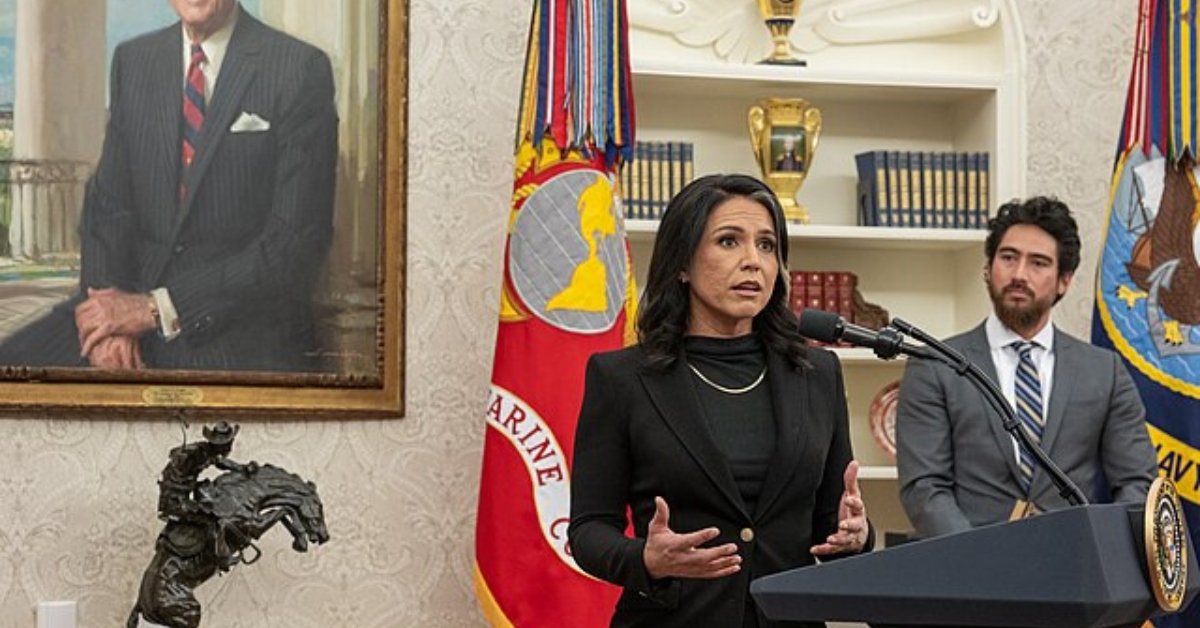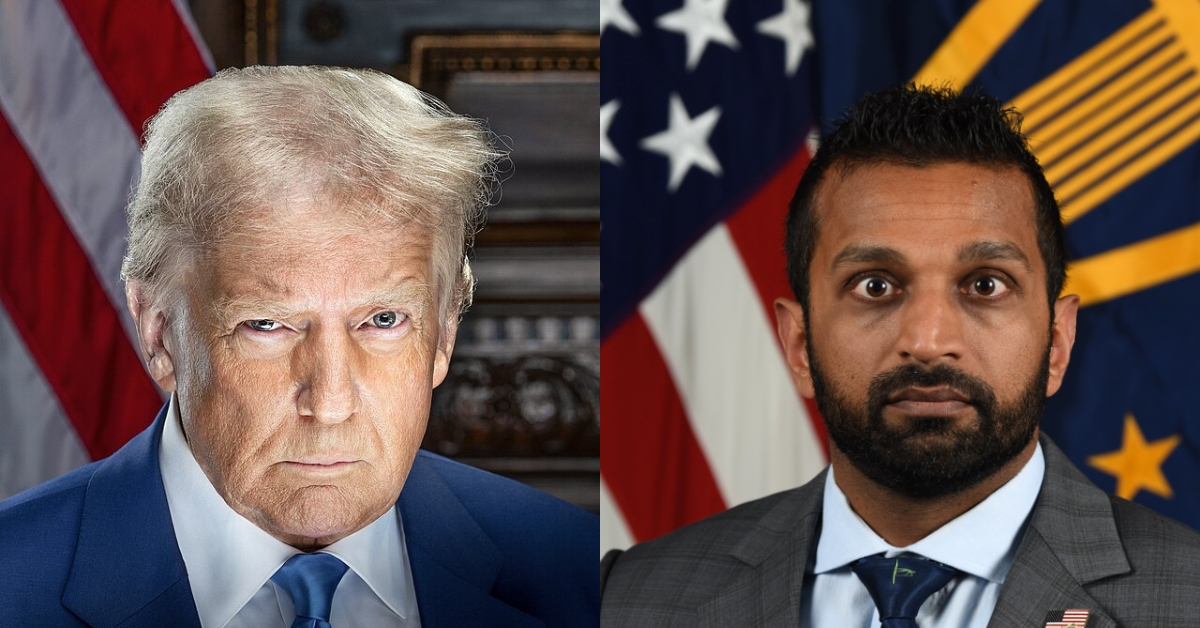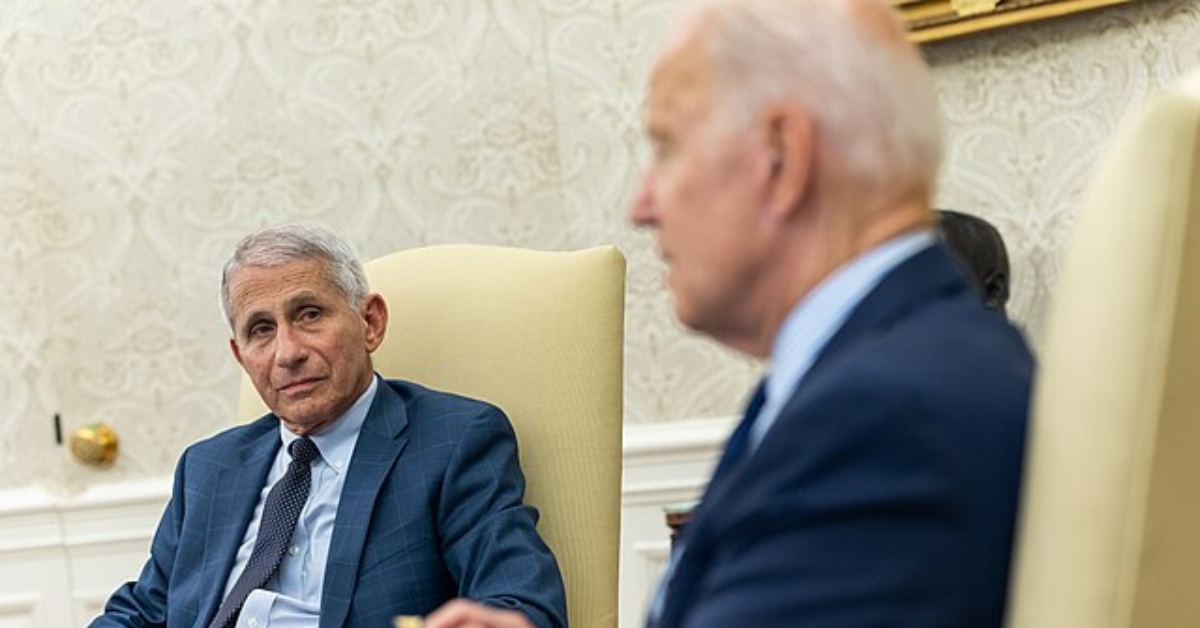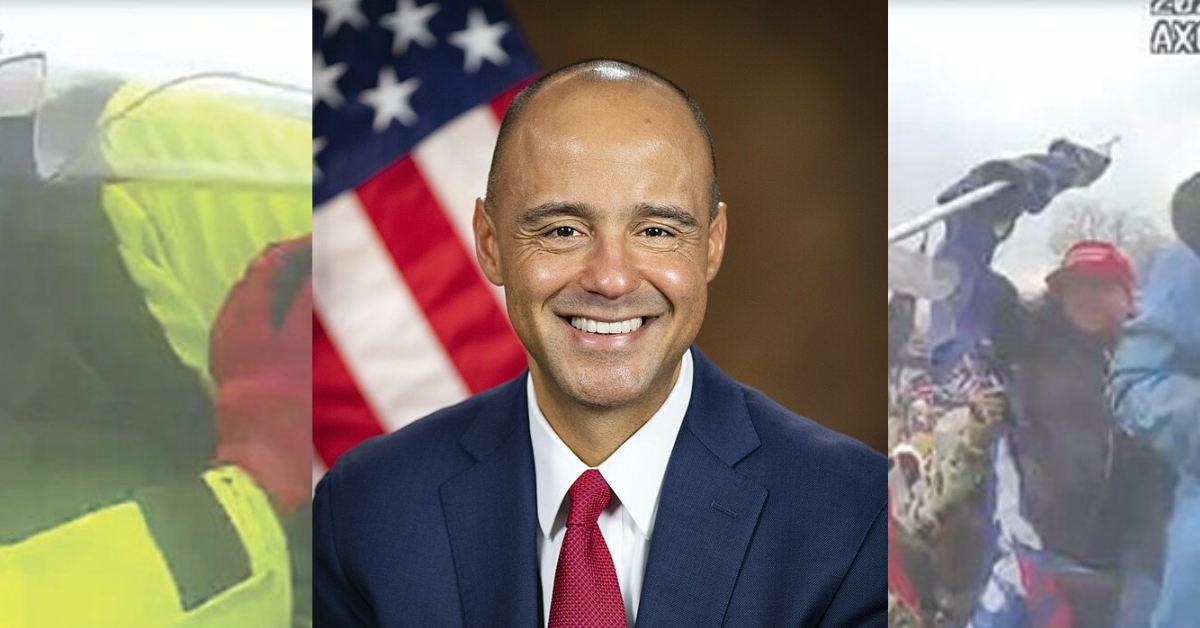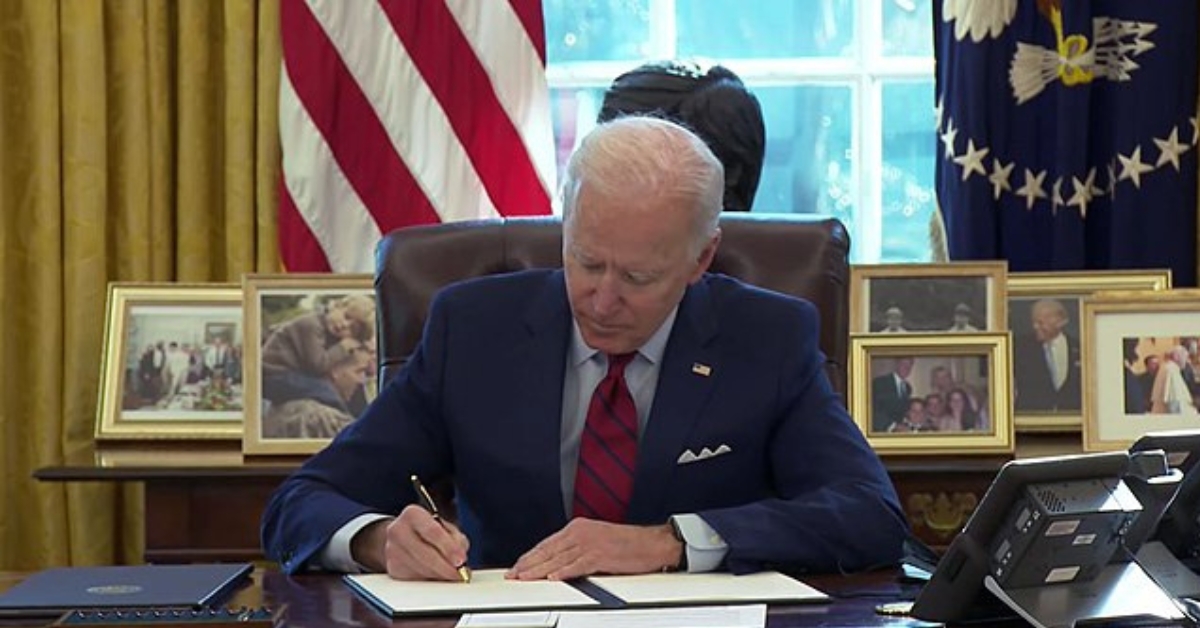
The January 6th Committee Concealed Evidence of Trump’s Effort to Protect the Capitol
In a striking revelation that sheds light on the operations of the January 6th Committee, it has come to light that former Rep. Liz Cheney and her committee suppressed crucial evidence showing President Donald Trump’s proactive measures to ensure the safety of the nation’s capital during the events leading up to January 6, 2021. This suppressed evidence, now unveiled, indicates that Trump had advocated for deploying 10,000 National Guard troops to guard against potential unrest.
The committee’s failure to accurately present this information, and their active suppression of testimony that contradicted their narrative, represents a significant omission. Deputy Chief of Staff Anthony Ornato, in an interview conducted and attended by Cheney herself, explicitly mentioned Trump’s and White House Chief of Staff Mark Meadows’ efforts to secure the capital, including their interactions with Washington D.C. Mayor Muriel Bowser. These interactions involved urging Bowser to request any necessary National Guard support, with Trump suggesting that 10,000 troops might be needed.
Despite this, the committee claimed to have “no evidence” supporting the assertion that the White House had communicated its desire for substantial National Guard deployment. This claim starkly contrasts with Ornato’s testimony, which the committee chose not to release publicly, along with other critical documents. This selective suppression of evidence served to shape a narrative that omitted any mention of Trump’s attempts to preemptively address security concerns.
The committee’s actions did not stop at mere suppression. They actively discredited key witnesses and pushed a narrative devoid of critical context, painting a picture that omitted significant efforts by Trump and his administration to maintain peace and order. This approach raises serious questions about the committee’s integrity and its commitment to a full and fair account of the events surrounding January 6th.
Moreover, this revelation comes amidst other accusations of unethical behavior by the committee, including allegations of collusion with Democrat efforts to prosecute political opponents. The committee’s selective narrative and omission of exonerating information underscore the political motivations that may have influenced its proceedings.
The disclosure of the suppressed testimony is a crucial development that challenges the prevailing narrative established by the January 6th Committee. It highlights the need for a more comprehensive and unbiased examination of the events leading up to and including January 6th. The American people deserve a complete and truthful account of what transpired, one that includes all relevant information and perspectives.
This situation also serves as a reminder of the political dynamics that can influence investigative committees. The suppression of critical evidence and the promotion of a partial narrative do a disservice to the democratic process and the pursuit of truth. As the investigation into the January 6th events continues, it is imperative that all evidence, regardless of its implications for preconceived narratives, be considered and presented openly. Only through such transparency can trust in the process be restored and a full understanding of the events be achieved.
